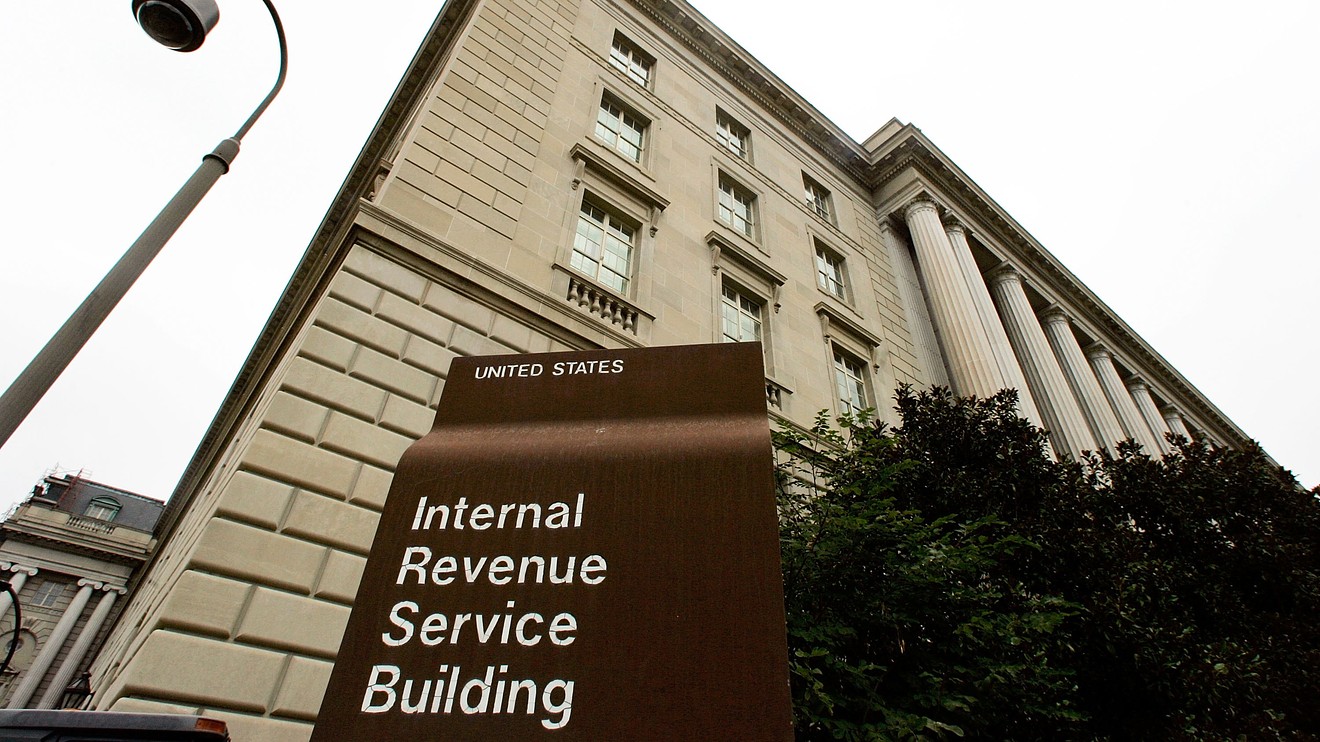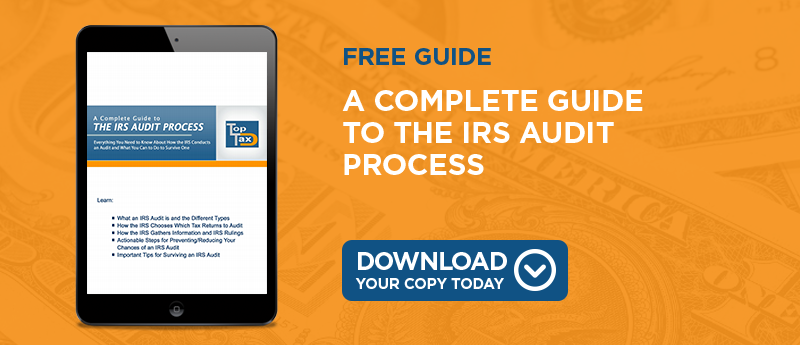
The IRS has instituted a special program called the Offshore Voluntary Disclosure Program (OVDP). Under the terms of this arrangement, taxpayers who have been hiding assets may be able to report these activities to the agency and avoid being criminally prosecuted by the IRS. However, there are several conditions for receiving amnesty under the OVDP and any taxpayer who is considering applying should do so only after investigating the entire program and its requirements.
What is the Offshore Voluntary Disclosure Program?
The OVDP was instituted to give taxpayers who are knowingly hiding profits from offshore activities an opportunity to volunteer to report this activity to the IRS. Since hiding taxable assets or profits from the IRS by using offshore bank accounts constitutes fraud, most individuals who do so face the prospect of arrest and imprisonment if convicted. Voluntarily disclosing this information to the agency reduces the likelihood of being prosecuted for this offense.
How does the Offshore Voluntary Disclosure Program Work?
If someone wants to apply for the OVDP, he or she must complete a specific Voluntary Disclosure letter detailing the offshore activities and how they earned these unreported profits and then attach a list of their foreign bank accounts and assets. Both documents, along with any supporting documentation, must be submitted to the IRS by mail. Supporting documents may include previously filed income tax returns, bank account statements, file amended tax returns for the years when assets were undisclosed, and cooperate with the agency throughout the course of the investigation.
Does a Taxpayer Who Participates Still Have to Pay a Penalty?
Yes. Applying for the OVDP only removes the likelihood of facing criminal charges for tax evasion - it does not remove the applicable tax penalties. Those who disclose their offshore bank account activities can expect to pay 27.5 percent of the aggregate value of the bank accounts at their highest point during the period covered by the disclosure. In addition, individuals may also have to pay the applicable interest, additional taxes, and filing penalties associated with each amended return. Rather than requiring that taxpayers remit the entire amount due in full, the IRS allows those who participate in the OVDP to work out a payment arrangement with the agency.
When Will the Offshore Voluntary Disclosure Program End?
The IRS has not stipulated a deadline for applying for the OVDP, which indicates that the agency may continue to accept disclosures indefinitely. However, the IRS has also stated that it may modify the terms of the program at any point, which could include raising the penalty rates or removing the provision that allows for amnesty from prosecution. For this reason, it is in the best interests of taxpayers to apply for the program as soon as possible.
While participating in the Offshore Voluntary Disclosure Program won't eliminate all the negative tax consequences, doing so may help taxpayers avoid the most serious ones such as criminal prosecution or imprisonment. Any individuals who are dealing with legal concerns such as these should discuss their potential participation in the OVDP with a qualified lawyer or tax lawyer.




